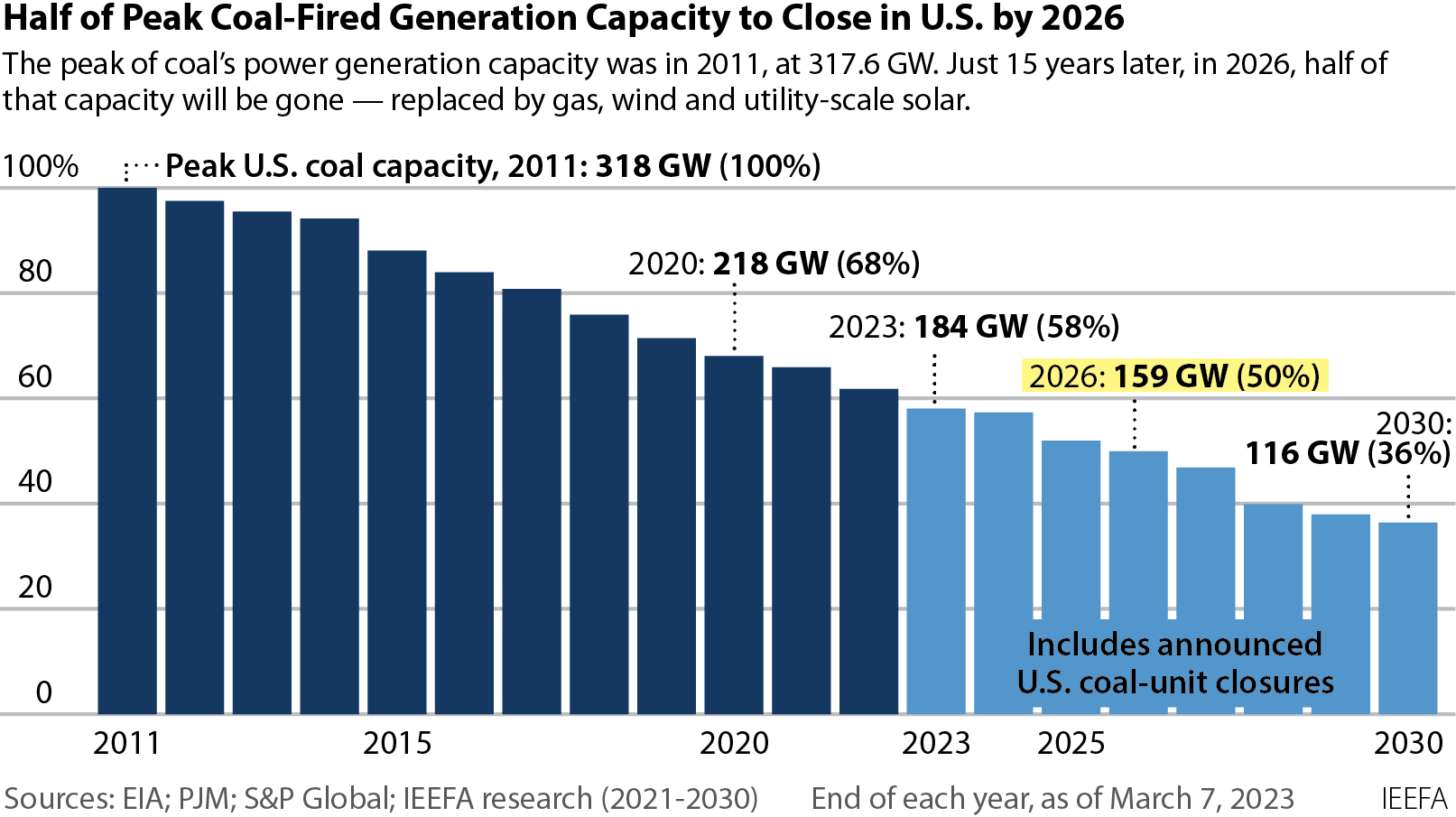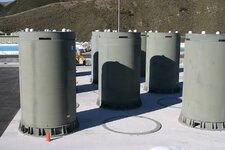bilby
Fair dinkum thinkum
- Joined
- Mar 6, 2007
- Messages
- 40,720
- Gender
- He/Him
- Basic Beliefs
- Strong Atheist
You're right. Solving that problem will require pouring another concrete slab on which to place new storage casks, about once every few decades, at each power plant.We are adding 2000 metric tons of nuclear waste to these onsite temporary storage areas a year. That is obviously not solving the long term storage problem.
As the pouring of concrete foundation slabs is a very well understood and routine process, and as these sites already have far more space than their waste will require for several times the likely lifespan of the facilities, I am not convinced that this will be an insurmountable problem.
By the way, there are 92 nuclear power plants in the USA, so each site only needs room for just over 20 tonnes per year on average; That is half the load of a single semi-trailer. It's not a lot.


